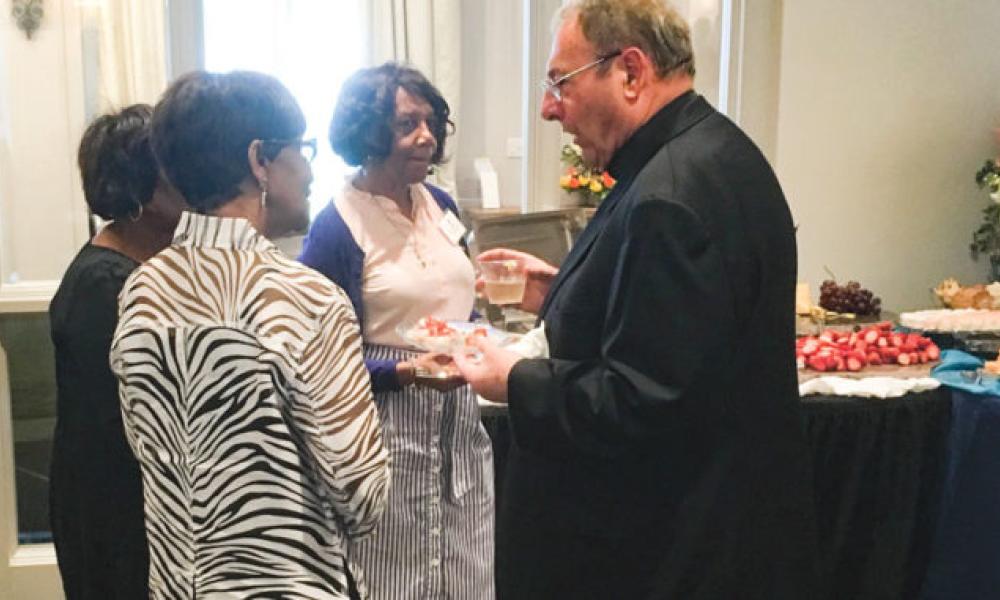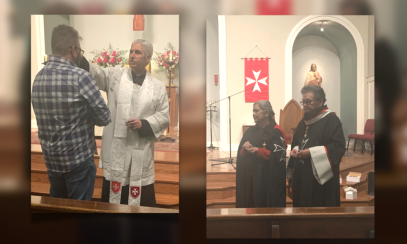
Feasibility study promoting Cristo Rey Schools is on hold
CHARLESTON—A study into the possibility of opening a Cristo Rey school in the Diocese of Charleston has been put on hold for at least two years, largely because of the ongoing COVID-19 pandemic, according to a statement released by the Diocese of Charleston.
Launched in December 2018, the Cristo Rey Charleston Feasibility Study looked into the need for and possible sustainability of a school geared to assist low-income students.
Cristo Rey is a national network of Catholic high schools which offer college preparatory educations for low-income children. Students attend classes four days a week and then spend one day working in an internship at a local business.
Organizers of the effort to bring a Cristo Rey school to South Carolina initially looked at opening one in the Charleston area, and sought support from businesses, philanthropists and members of the community. The study was examining demographic data, local support and other information to see if the Charleston market could support the school.
Pandemic restrictions disrupted efforts to hold meetings and other events to spread information about the project. As a result, organizers of the effort have decided to suspend it for at least 24 months, or until conditions are more favorable for a successful study to be completed.
“We remain convinced of the need for a Cristo Rey school in South Carolina. However, the challenges of meeting the study’s benchmarks during COVID-19 have demonstrated that a school is not viable at this time,” the statement said.
Gene D’Agostino, a member of the Cathedral of St. John the Baptist, was one of the main supporters of the Cristo Rey effort. He said some local businesses and health care providers were enthusiastic about the project’s work-study model, but the time wasn’t right because of COVID-19.
“We were just planning on doing ongoing monthly fundraising events and receptions when the pandemic hit and we never did have the chance to have any really large events,” D’Agostino said. “We hope to get things going again eventually because the experience of promoting Cristo Rey here had been breathtaking. There was a lot of engagement and involvement from the business community because they are concerned about workforce development in this area, and Cristo Rey provides that work and learning experience that students need.”
Chris Naughton, feasibility study coordinator, called the study’s disruption “honestly heartbreaking” but understandable.
“The pandemic was undoubtedly a major obstacle,” Naughtons said. “A key to the success of Cristo Rey projects is having large events where you can engage with community leaders in person and let them know about the Cristo Rey story. It was difficult to impact people in the same way and to engage them when nobody was able to get together.”
Naughton said he was grateful for the support that Bishop Robert E. Guglielmone and others in the diocese gave the project, as well as the positive response that came from businesses and members of the community.
To learn more about Cristo Rey schools, visit https://www.cristoreynetwork.org/



